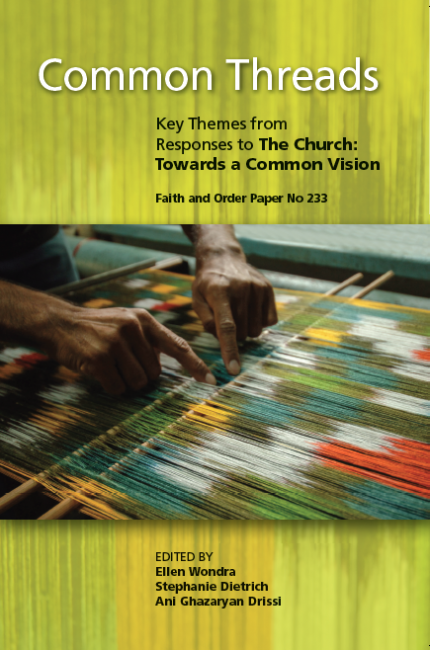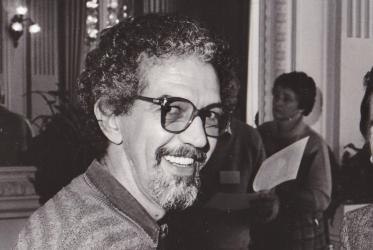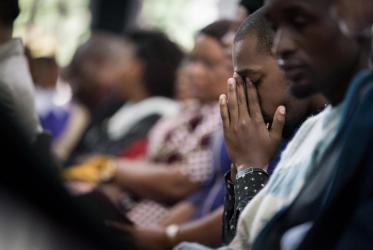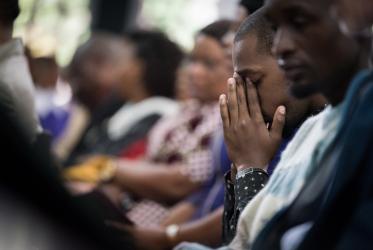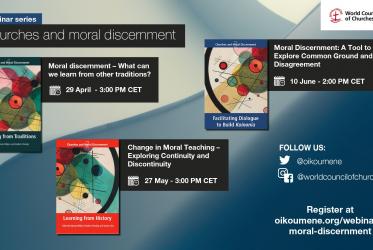Displaying 21 - 40 of 318
Common Threads
Key Themes from Responses to The Church: Towards a Common Vision. Faith and Order Paper No 233
25 February 2022
Le monde pleure la perte de l’archevêque Desmond Tutu
30 December 2021
World mourns loss of Archbishop Desmond Tutu
30 December 2021
Desmond Tutu : Pasteur de la nation – Un hommage
30 December 2021
Desmond Tutu: Pastor of the Nation - A Tribute
30 December 2021
Churches and moral discernment: A series of three webinars by WCC Faith and Order Commission
29 April - 15 June 2021
Online-By registration only

